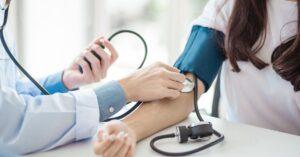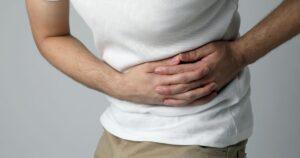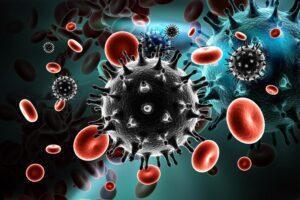10 Spring Break Rules To Follow
For college students, spring break is a time to celebrate finishing school exams and getting the much-needed break from their studies. For many, it is also a chance to have fun and plan a trip with their friends. Spring break is often associated with widespread gatherings in warmer climates such as Daytona Beach, Florida, Panama City Beach, Florida, Gulf Shores, Alabama, and Mexico. We have seen waves of infection rising in warmer climates and warmer regions in the first year of the pandemic.
There is no evidence that this would happen again next year. Experts say that high temperatures and sunsets are unlikely to do much on their own to prevent the spread of the virus. A recent study by the tourism industry found that 12% of respondents made plans to travel during the spring break. Miami expects students from more than 200 colleges to visit in the coming weeks. But is it safe?
Whether you are vaccinated or not, certain rules can reduce the risk of COVID-19 while enjoying spring break.
Keep your hands clean –
Wash your hands often with soap and warm water for a minimum of 20 seconds. If soap and warm water are nowhere available, use an alcohol-based hand gel.
Do not share your items –
Do not share containers, water bottles, or other personal items. Many germs cause bacterial infections that are spread by saliva.
Keep medicines with you –
Find out what vaccines, medicines, or advice is needed at your destination, and arrange a visit with your doctor or travel specialist at least one month before you leave home for spring vacation.
Do not forget the sunscreen –
Nothing spoils a sunny day faster than sunburn. Be sure to use sunscreen each time you are exposed to harmful UV rays. Choose a high-resolution SPF formula, a wide range of long days in the sun.
Practice safe driving –
If you are taking a road trip for vacation, safe driving is a must. Traveling drivers can keep everyone refreshed and focused on the work on hand. Maintain the regulation and do not send messages while driving. While there I some excitement about going to your destination, remember that you simply have valuable assets in your car.
Practice safer sex –
Use condoms regularly, to reduce the risk of sexually transmitted infections (STDs). Avoid sexual contact until your doctor or nurse tells you that you are no longer infected and that you and your partner have been treated. As always, you need to protect yourself.
Prevent insect bites –
Use insect repellent to protect against mosquito-borne diseases such as Zika, dengue, and malaria. Apply regularly after your SPF 15+.
Be careful when eating local food –
In developing countries, eat only fully and hot-served cooked food. Eat only fresh vegetables or fruits if you can peel them yourself. Drink only bottled, sealed, and frozen beverages – perhaps it is made with tap water.
Stay hydrated –
We can sweat a lot during the spring vacation, it is very important to stay hydrated. Getting enough water increases energy levels, improves brain function, and can help you lose or maintain your weight. If you are going to drink, do not do it on an empty stomach.
Keep allergies away –
With spring flowers in full bloom, people who have allergy problems are at greater risk of attack. Before you leave home, be sure to take antihistamines. Remember to take your necessary medications to keep yourself allergens-free.
Conclusion
Spring break should be one of the most exciting parts for college students. But an important part of enjoying a spring vacation ensures that everyone stays safe. At home, it is about encouraging spring breakers to wear masks and maintain social distancing. Families have different aspirations for the safety of the spring break tour.
It is believed that it is contagious and can be very deadly, problems that first appeared in the United Kingdom, South Africa, and Brazil have now been found in the US. No matter what, always pack an extra mask in case you lose one or it gets dirty. You will also want to pack a sanitizer by hand, sanitizing wipes, and other items, such as a face mask or gloves, that can make your trip safer and give you more peace of mind. Follow these rules to make sure you not only have a good time but are also safe.



